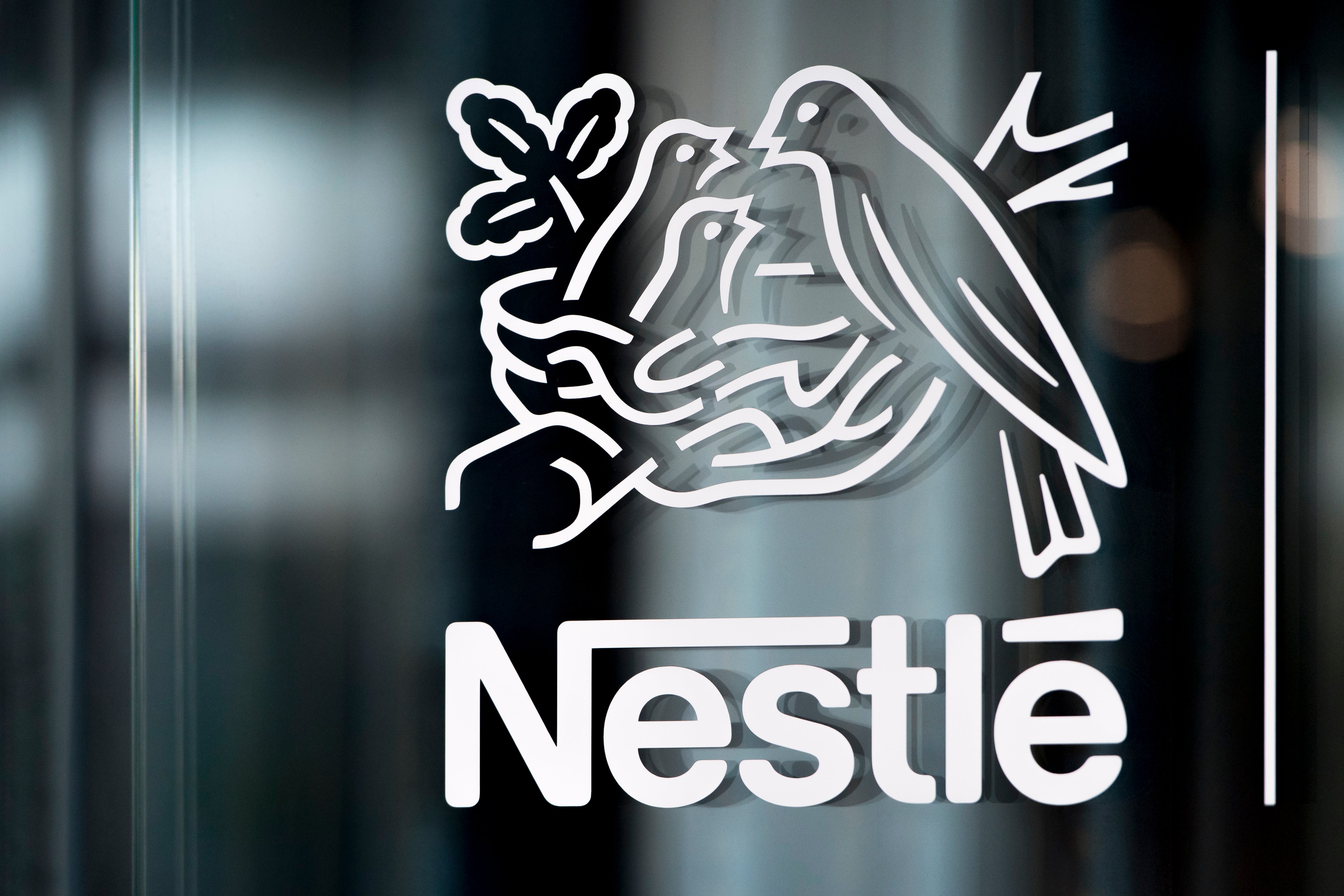Nestle reports higher sales even as it raises prices
Global food giant Nestle has reported higher sales in the first half of the year, even as it increased prices by 6.5% as inflation soared around the world

Your support helps us to tell the story
From reproductive rights to climate change to Big Tech, The Independent is on the ground when the story is developing. Whether it's investigating the financials of Elon Musk's pro-Trump PAC or producing our latest documentary, 'The A Word', which shines a light on the American women fighting for reproductive rights, we know how important it is to parse out the facts from the messaging.
At such a critical moment in US history, we need reporters on the ground. Your donation allows us to keep sending journalists to speak to both sides of the story.
The Independent is trusted by Americans across the entire political spectrum. And unlike many other quality news outlets, we choose not to lock Americans out of our reporting and analysis with paywalls. We believe quality journalism should be available to everyone, paid for by those who can afford it.
Your support makes all the difference.Global food giant Nestle, which makes everything from Purina pet food to KitKat candy bars and Gerber baby food, reported higher sales in the first half of the year, even as it increased prices by 6.5% as inflation soared around the world.
The Swiss company said Thursday that total reported sales grew by 9.2%, to 45.6 billion Swiss francs ($47.53 billion), compared with the same period last year. Net profit, however, decreased by 11.7%, to 5.2 billion Swiss francs ($5.42 billion), because of one-time expenses such as taxes, according to Nestle.
Purina was its biggest sales driver, but KitKat and other treats, water brands like Perrier and S. Pellegrino, and vegetarian and plant-based food all grew at double-digit rates, the company said.
It saw strong growth for baby formula after a shortage in the United States this year. One of the largest formula suppliers, Nestle ramped up U.S. imports after the nation’s largest domestic manufacturing plant closed in February over safety concerns.
CEO Mark Schneider said the company “limited the impact of unprecedented inflationary pressures and supply chain constraints" and pointed to “growing food insecurity around the world and heightened climate concerns" as driving its mission.
“Good for you and good for the planet are the two key strategic pillars that our company pursues in an unwavering manner, even in the face of significant short-term challenges," he said in a news release.
With soaring inflation eating into people’s spending power, Nestle said it works to keep its products affordable based on wages in different parts of the world and focuses on nutrition education and boosting nutrients in products based on local needs.
Nestle, however, also has turned to “shrinkflation," slimming down its Nescafe Azera Americano coffee tins from 100 grams to 90 grams in the United Kingdom but charging the same price.
The company had faced criticism for sales in Russia after the country invaded Ukraine. It previously said it would pull KitKat, Nesquik milkshake powder and other brands but continue to supply essentials like medications and baby formula.
For the full year, Nestle expects sales growth from 7% to 8%.